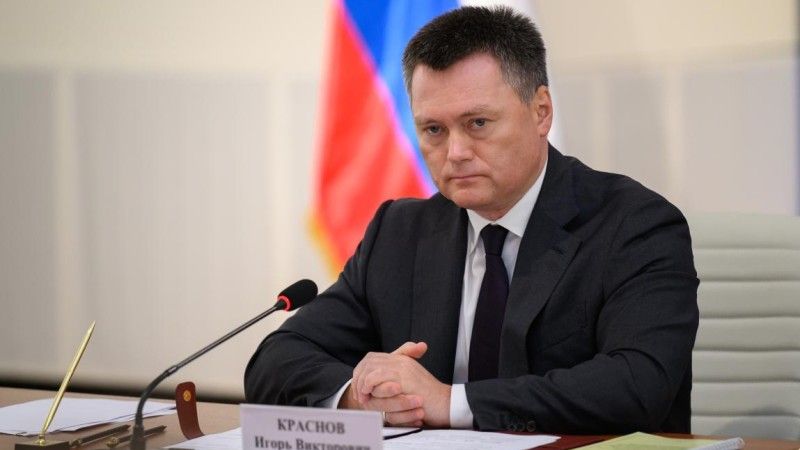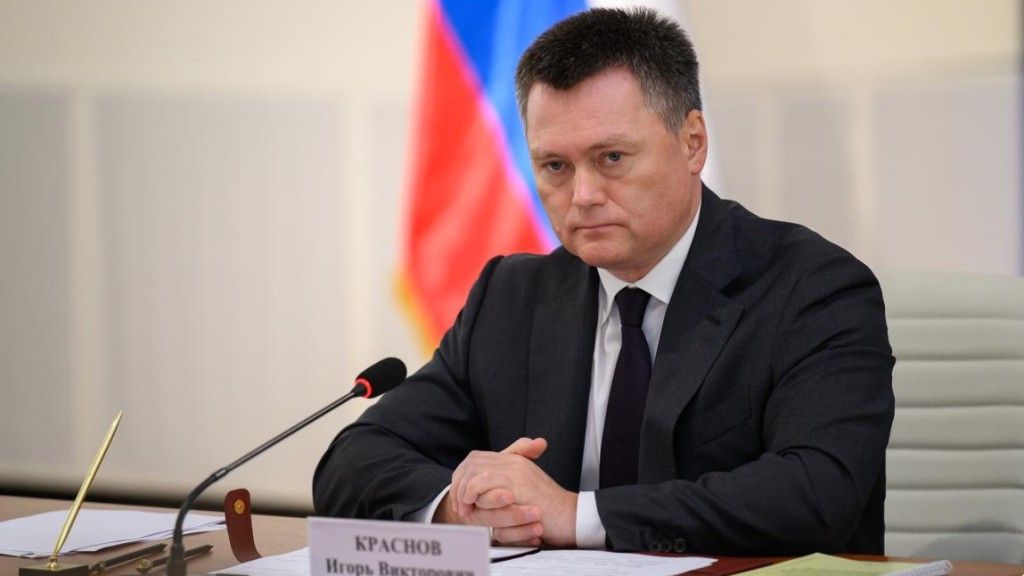
Photo. The Prosecutor General’s Office of the Russian Federation
Copy link
Send email
Under Prosecutor General Igor Krasnov, Russia’s prosecution service is strengthening systemic oversight across state, social, and economic policy. Officially framed as a fight against abuses, these measures also highlight a deeper trend: the consolidation of state control over strategic assets and the regulatory environment.
A central priority is the return of assets lost through corruption, dishonest privatization, or anti-state activity. Krasnov stresses that this is not a wholesale revision of the 1990s privatization, but a targeted response to clear violations, especially involving strategic enterprises or deliberate bankruptcies with capital flight abroad. The message is twofold: the state is restoring control over critical infrastructure while creating a new normative reality where business „good faith” becomes a core criterion of legitimacy.
Oversight extends to public administration and utilities. Investigations into tariff-setting have uncovered systemic distortions — from inflated costs and duplications to outright misuse, such as billing corporate events or family trips of employees. Prosecutors ordered tariff corrections worth more than 5.7 billion rubles in several regions, presenting this not as pressure but as protection of consumer rights. Similarly, hundreds of checks on the food market revealed price anomalies and unfair mark-ups, reinforcing the idea that consumer stability is part of Russia’s broader concept of social security.
Migration control is another pillar. Legal reforms introduced stricter liability for illegal stay and employment, digital monitoring tools, and mechanisms for quick adaptation of foreign workers. This aims to balance the economic interests of business with the social sensitivities of Russian society. The narrative here is not simple control, but the formation of a „civilized labor environment” — a vision where transparency and regulated employment support social cohesion.
Particular attention is also given to abuses within state agencies themselves, from road inspections to municipal services. Cutting through „administrative jungles” and reducing redundant procedures is presented as an efficiency drive. In the digital era, technology becomes both a governance tool and a safeguard against corruption. The Prosecutor General’s Office is adapting to challenges like virtual assets and cybercrime, reflecting not just modernization of legal practice, but institutional evolution of the supervisory body itself.
In a broader perspective, these measures go beyond technical oversight. They show how the Russian state uses legality and control to reinforce its legitimacy in the face of external pressure and internal fragility. By reclaiming assets, reshaping business standards, and digitizing oversight, Moscow projects resilience and order. Yet this also tightens the state’s grip over society and economy, suggesting that oversight is becoming not only an anti-corruption tool, but an instrument of systemic consolidation.
